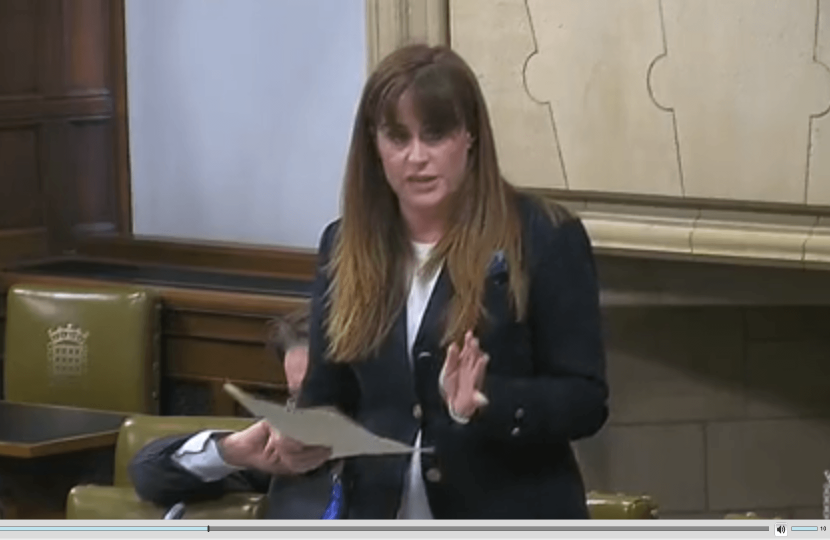
On Tuesday I joined fellow MPs in a debate in Westminster Hall about the importance of engineering skills. As residents of Rochester and Strood will know, our area has a long, rich history of engineering as a result of the old dockyards, and the presence of the Royal Engineers, Short Brothers, BAE Systems and now a growing digital and high-tech economy.
Unfortunately, nationally we have an annual shortage of about 53,000 graduate engineers. That is why I took the opportunity within this debate to encourage the government to do more in getting young people to get excited about a career in engineering and technology. We must advertise the plethora of opportunities that are available if they choose engineering and design and technology as a career.
In Medway, we are lucky enough to have an engineering and construction university technical college, which was opened in September. It gives 14 to 19-year-olds the opportunity to study those subjects, gaining academic qualifications and the skills required to go out into the workplace. We hear that employers value that very much, and it is what they look for in young people who study those subjects. In addition, we have a strong collection of businesses which offer high quality apprenticeships, such as BAE Systems whom take on 12 per year.
However, there are areas we clearly need to improve. We particularly need to encourage girls, who are less likely to see engineering and design and technology as a route. Last week, on International Women’s Day, I was lucky enough to have some young women from the UTC come up here to showcase some of the work that they had carried out since starting there in September. Our local UTC also reports that it also has concerns and challenges in recruiting staff for the technology subjects as it is proving increasingly difficult as schools phase out some of those subjects.
yet, the key issue for me is around careers advice. Will companies like BAE are doing wonderful work engaging communities through volunteers, creating early years working groups and publishing brochures, it is important that we can fulfil the requirement for such skills in future. I support calls to re-include the design and technology GCSE in the EBacc. In sum, I think we should focus on ensuring that we really understand what engineering means. I was personally lucky enough to take the design and technology GSCE when I was at school, and I later became a marine surveyor.
I was pleased that Nick Gibb MP, Minister for Schools, responded to the debate by reiterating the commitment to make this country the best place in the world to study maths and STEM subjects in primary, secondary and further education. On my point about careers advice, I was informed that the Government has established the Careers & Enterprise Company alongside a new careers strategy that will set out a vision for 2020.
The numbers coming from the Government do indeed appear pleasing.
- £67 million to recruit and train up to 17,500 maths and physics teachers.
More than 22,000 more young people are taking A-levels in STEM subjects this year compared with 2010.
The percentage of apprentices starting in STEM-sector-related subject areas has increased by 64% since 2010, to more than 90,000.
Over the same period, the number of women starting STEM-related apprenticeships has more than doubled to 8,000, and the number starting apprenticeships in engineering and manufacturing technologies has more than trebled to 5,100.
While this is all encouraging towards the 3 million total, it is vital we do not lose sense of the quality of the education and apprenticeships being provided. I am assured that the Government is committed to enhancing engineering skills and the support so far is working. Nonetheless, I will continue to engage in the debate and with ministerial colleagues in pushing the growth of these skills both nationally and locally.
The transcript of the debate can be found here: http://www.publications.parliament.uk/pa/cm201516/cmhansrd/cm160315/halltext/160315h0001.htm#16031533000001



